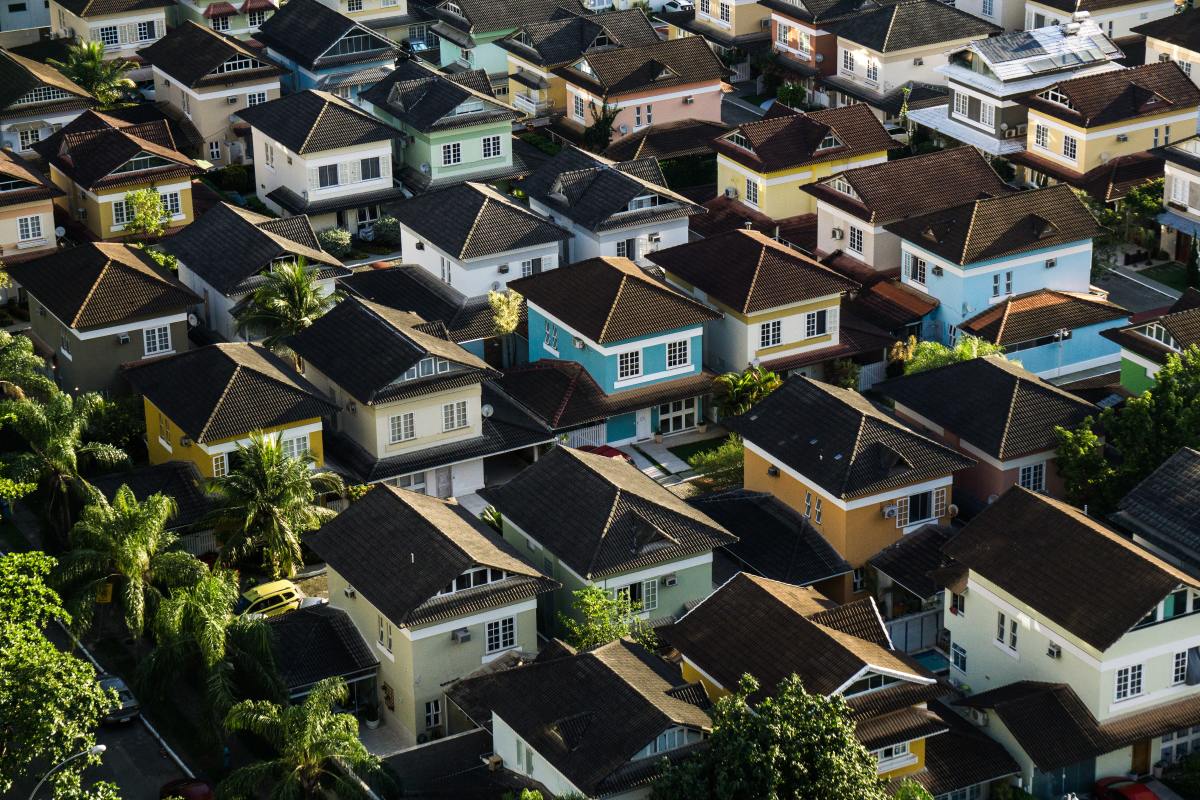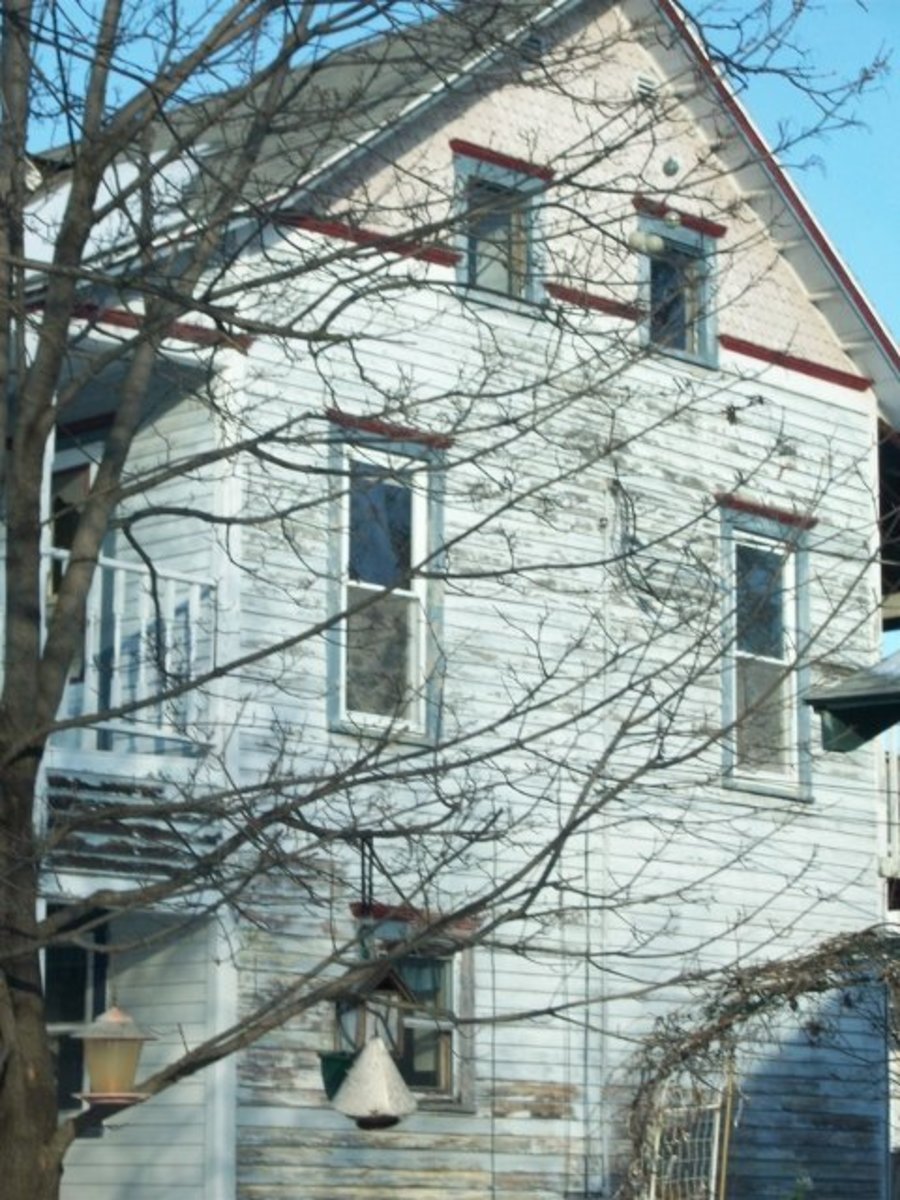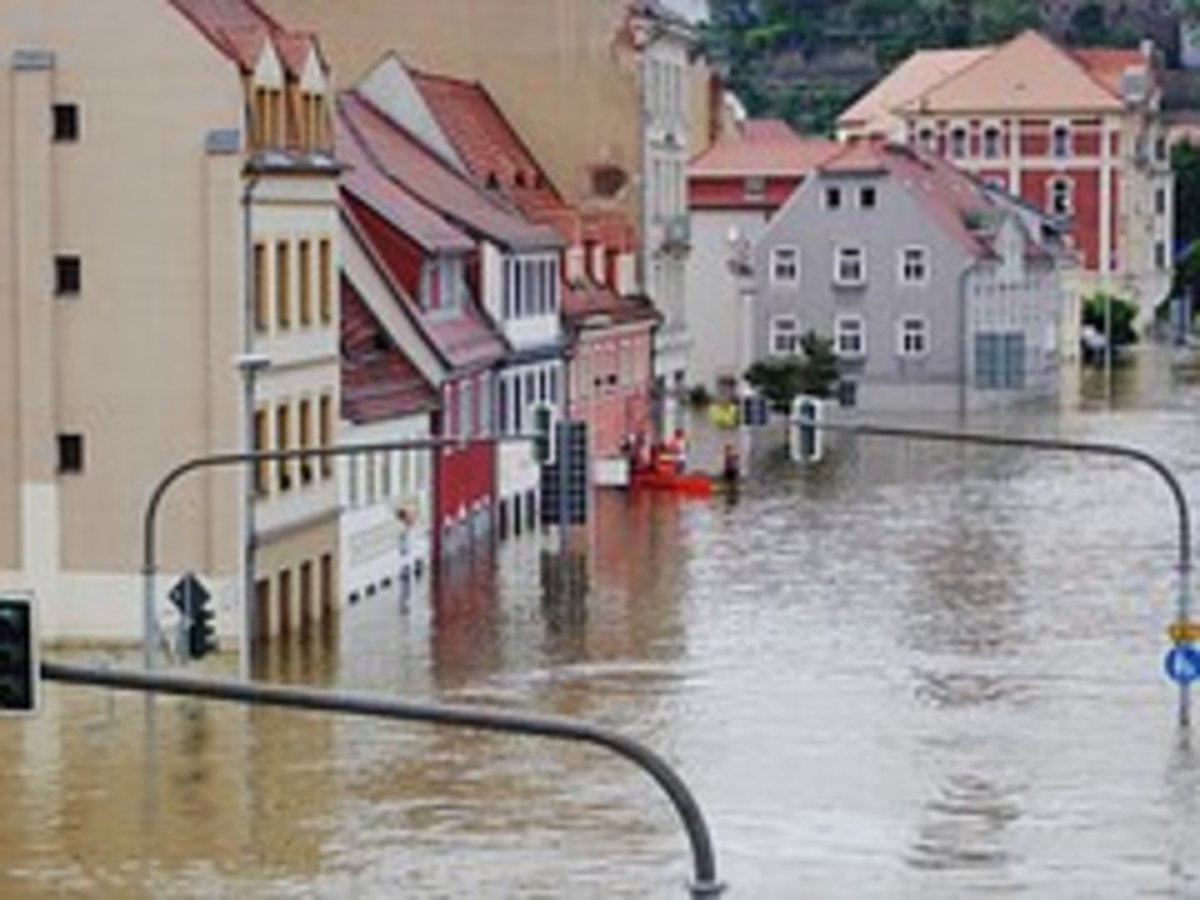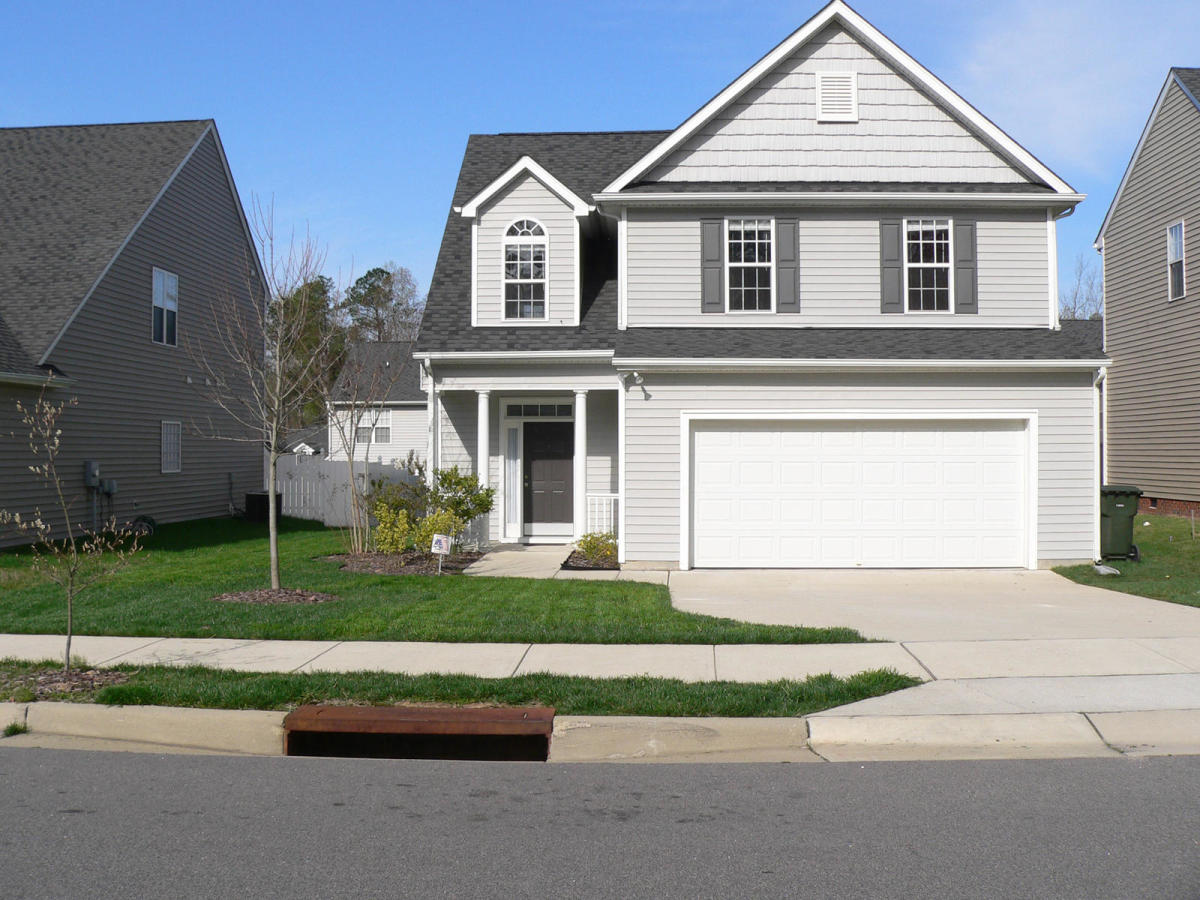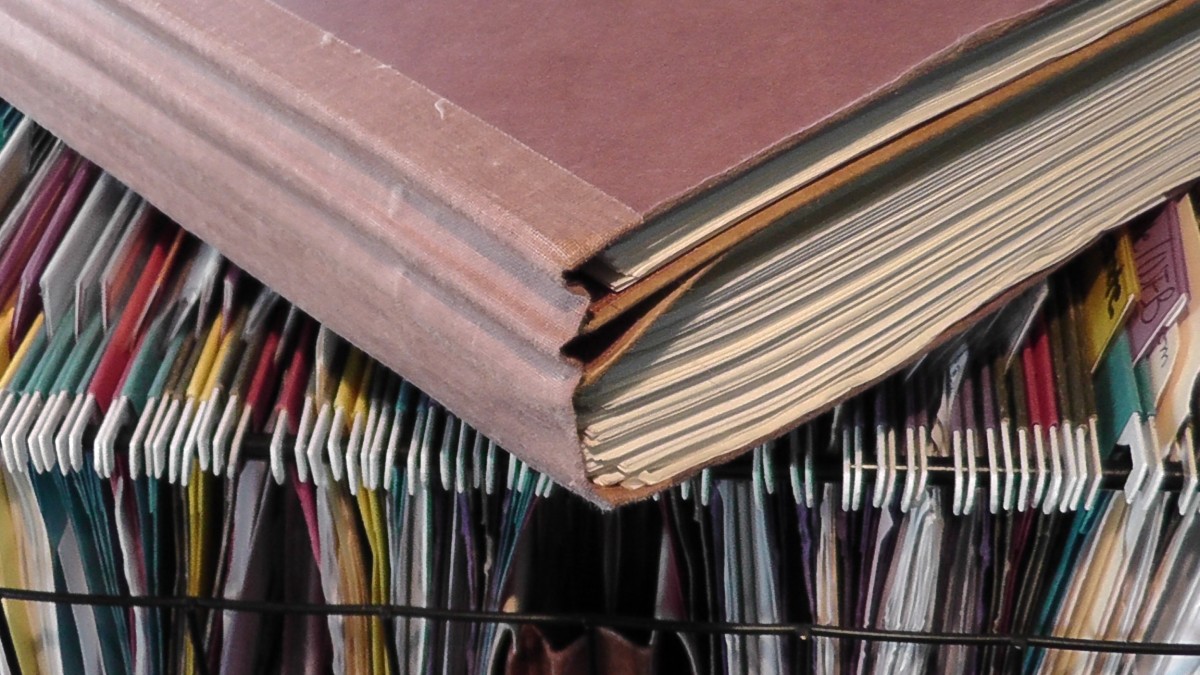Shooting for the Sale: Improving Real Estate Photography
Disclaimer
I am not a Realtor nor do I play one on the internet. I am an independent contractor for a real estate brokerage in Pensacola, FL.
All photographs used in this post are my own.
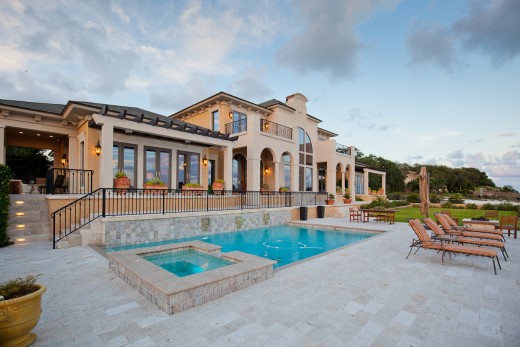
Preface
If you ever need a good laugh, Terrible Real Estate Agent Photos is a potent spirit-lifter. The photos range from nonsensical to outright terrible, and the captions accompanying them are tack-sharp witty.
That blog is especially hilarious for me after independently contracting for a high-volume real estate sales team and handling their listing photography for the past year. If there is one thing I have learned in this last year of exploring the dark shadows of the Multiple Listing Service back end (good Lord, that sounds so much dirtier than I intended), it is that even with the popularity of DSLRs, GoPros, HDR processing and the recent drone craze, most listings suffer from a lack of good photography.
A serious lack.
Why Do I feel this is Important Enough to Write About?
Six Reasons!
- The sales process almost always begins with buyers browsing online. Good photographs make good first impressions.
- Pragmatic buyers do not rely just on the “revealed word” of a long description; they need to see the features of the home to reinforce the verbiage.
- Most sellers take pride in their homes. Good photographs flatter the seller, which improves word-of-mouth publicity.
- Most listings have terrible photography
- I honestly cannot understand why more Realtors have not connected the above five points.
- People keep talking to me about it.

DPReview Recommends: Best Interchangeable Lens Cameras for under $1000
- DPReview Recommends: Best Interchangeable Lens Cameras for Under $1000: Digital Photography Review
Digital Photography Review: All the latest digital camera reviews and digital imaging news. Lively discussion forums. Vast samples galleries and the largest database of digital camera specifications.
"I want to shoot my own listings, what kind of camera do I need?"
For the Realtor who wants to do it all and do it well, owning a good camera, preferably a DSLR, is a given. Why? You need high resolution photographs for virtual tours and YouTube slideshows.
Of the entry-level options available, I will always recommend a DSLR for ultimate flexibility as you grow in your skillz with the instrument. Why is a DSLR so important? Because it is less about the camera than the lens. Quality glass is just as important as the camera when you take photos for advertising, and DSLRs always offer the most options for good lenses.
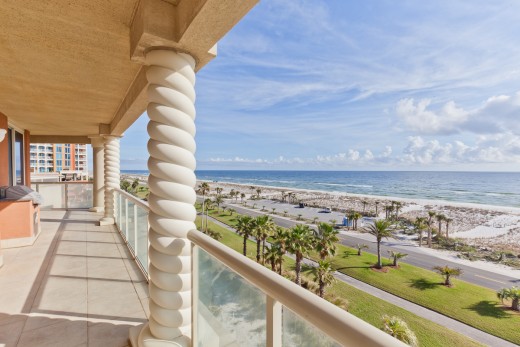
Get Wide
Want to take your real estate photography to the next level? You need a wide lens.
Bear in mind that when I say “wide lens,” I am not recommending to get fishbowl freaky with a GoPro or fish-eye lens. There is a very fine line between capturing an entire room attractively and capturing it strangely. A wide lens (ranging from 14-35mm) is wide enough to capture the scope of most rooms while also conveying space and interest.
For the way I shoot, I use the Canon 16-35mm F/2.8 L wide angle lens. It's sharp, well-made and covers rooms without much distortion. For most cameras, you can find equivalent focal lengths for a much cheaper price.
Use HDR
A popular digital photo process among image-savvy realtors and real estate photographers is High Dynamic Range photography, AKA “HDR." This is an extremely helpful tool to have in your arsenal to balance disparate lighting in a single shot.
Some cameras can create HDR images in-camera, but the standard process typically involves capturing three images (dark, light and even exposures, usually with a tripod to ensure images are positionally identical) and combining the values of all three images in software like Photoshop orPhotomatix to create a single image with no dark shadows or blown-out skies.
HDR requires a camera with “Auto Exposure Bracketing,” a function in your camera’s menu that exposes photos equidistantly above and below even exposure to generate your three images.
While useful, there are some drawbacks to using HDR. Conflicting color temperatures (how “blue” or “orange” the lighting in a photo looks) from windows, light bulbs, etcetera, can create clashing and unnatural colors in the same image. For this reason it is usually in your best interest to close blinds on windows and doors when using HDR for interior shots. There are more elaborate ways around this problem, but for purposes of this article we will leave them alone.
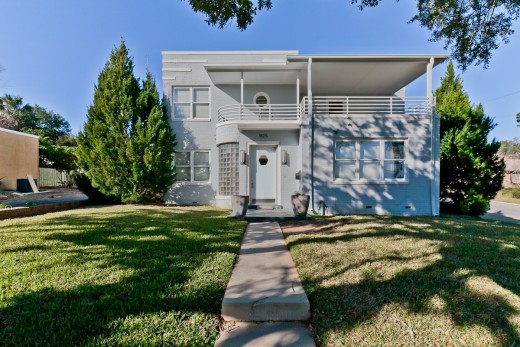
Use Flash
While HDR is enough for some photographers, the processing can take a while. When faced with shooting a high volume of listings, you need a few shortcuts to minimize time spent editing and increase your overall output. An external flash (I use a Canon 480EXII) is very useful in killing off the shadows in a room to show it in a bright and cheerful way. The manual settings on an external flash will also save your windows: instead of being blown out squares in your image, you can increase external flash power to match the window light. Finding the sweet spot in your flash power will result in a single image that shows the listing attractively and simultaneously gives an equally attractive view outside.
Show A Clean Interior
It is not the duty of a freelance real estate photographer to clean and stage a home when he or she arrives for photography. That is the duty of the homeowner or agent. However, agents shooting their own listings might step in as a courtesy and help their client tidy up. Sometimes this is as simple as moving clutter to one side of the room, shooting a clean image and doing the same for the other side. However you choose to do it, here are a few tips on how to make your rooms clean and attractive for the camera:
- Close all toilet lids.
- Remove tissue boxes, toiletries and plastic soap dispensers from bathroom counters.
- Remove towels and bath mats from shower doors.
- Move portable appliances off kitchen countertops.
- Move kids’ toys out of shots.
- Skip photographing closets unless they are walk-ins.
- Remove everything from dining tables except placemats and conservative centerpieces.
- Outside, coil hoses and move them out of sight for photos.
This might sound like a lot, but remember that all these small touches add up to a much stronger and much more positive listing presentation.
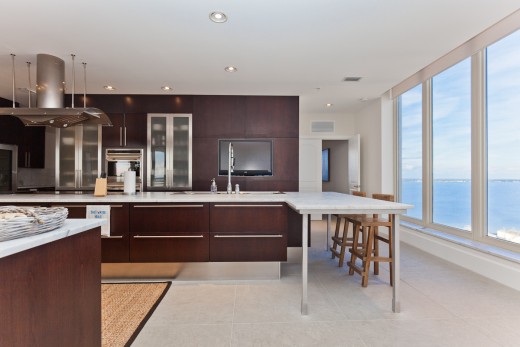
Stay Creative
When shooting a listing, devote a few shots to closeups of decorations or design elements that that will improve presentation. This is especially fun with vacation rental properties, where you are not selling the property alone, but also what that property represents. A vacation condo represents escape and natural beauty, and there are usually correlative design elements that you can incorporate into the shot.
This is also true of details in high-end homes. Buyers shopping that market will appreciate Miele and Sub-Zero appliances, custom cabinetry, home gyms and any other luxury details a listing might present. Emphasize them. Get creative with them. Real estate photography doesn't have to be boring to be effective.
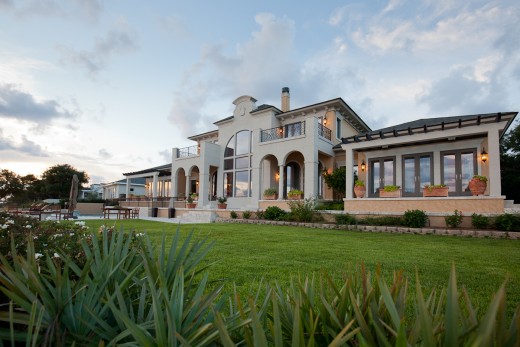
Utilize Time of Day
The "Golden Hour" is a popular term in photography, and for a good reason. The time around sunrise and sunset is the best time of day to shoot pretty much anything, and this includes real estate. If given the option, especially for waterfront listings, wait for the sun to get low before you shoot. This is even more effective when a listing has breezeways or a great deal of glass.
Shooting later in the day also means that the natural light is much gentler, and other sources of light show up much better. Exterior light fixtures show up beautifully on camera during this time of day.
Should you use a drone?
A year ago, I was very tired of the drone craze. It’s not that I don’t love the technology--I do--what I dislike is what happened. Relative ease of use and low price point turned drones into the seminal tech fad of 2014. Too many people ignored common sense in their headlong rush to use them on every project, and now creatives at large are reaping the consequences. Brokerages ran scared and the FAA is wrote new rules fast and furiously to keep operators in check. They are now highly regulated.
In my experience, the only properties that really need aerial or drone footage are large estates, agricultural properties, sprawling commercial properties and waterfront lots. Even then, I would do not recommend agents shoot drone footage or stills themselves.
As an agent, enlisting the help of a professional/licensed drone operator will reduce your own legal liability in the event of an FAA violation and leave you free you up to do what you are contracted by your clients to do: sell real estate.
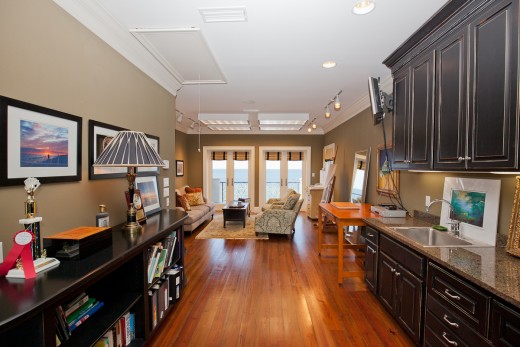
"Should I just avoid the headache and hire a photographer?"
On this subject, yes and no answers don't really fit. Overall, “it depends.”
Some Realtors are very handy with a camera. I know a few locally who do a great job presenting their own listings to the world. If you are a Realtor with camera acuity and have the time to handle your own photography, go for it. However, if you look at the MLS, it is obvious that most (not all, but most) Realtors shouldn't list photography as their primary skill.
And that’s okay!
As an individual who has excelled in photography and failed to pass the Florida real estate sales associate exam after two months’ hard study, I am very comfortable with the reality that not every individual has the same talents. If you are a Realtor, don't think that by not shooting your own listings you are somehow shirking an important part of the process. Half of management is delegation.

My own opinion.
Speaking with total candor, based on the appearance of a majority of listings in the MLS, I feel it is in the best interest of most Realtors to hire a photographer. Real estate photographers generally charge $100-$150 for a listing; weighing the cost of their services against the net commission of, say, a $250,000 listing, it is a reasonable and completely justifiable business expense for any full-time Realtor to hire a photographer. In fact, compared to the cost of print and even some online advertising, professional photography is one of the easier recurring expenses for a Realtor to have in the budget.
A quick look on Google will show several national networks of real estate photographers that will pair you with a qualified photographer in your area. If you feel better asking friends and acquaintances, that is almost as fast as Google when you need to find someone good. This is your business, and your business deserves to look as good as it possibly can. It benefits your clients, which will benefit you in the long run.
I hope this article has been informative. Any further questions, comments, critiques or tongue-lashings may be levied at me via the comments on this post, on Facebook or via email. If you find it helpful or think others might, please share it on Facebook, Twitter, LinkedIn, or any other social network you frequent. I would appreciate it.
© 2016 Steven Gray


